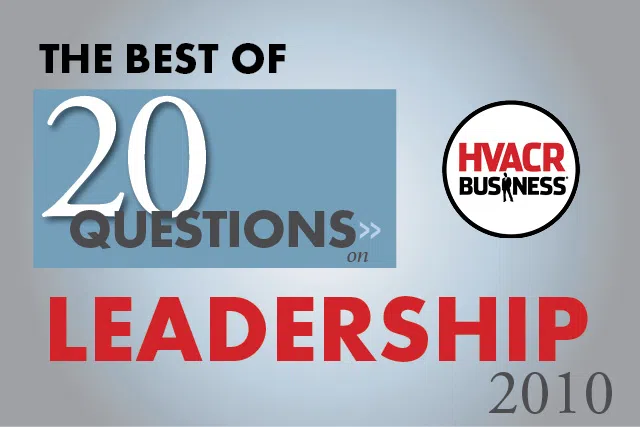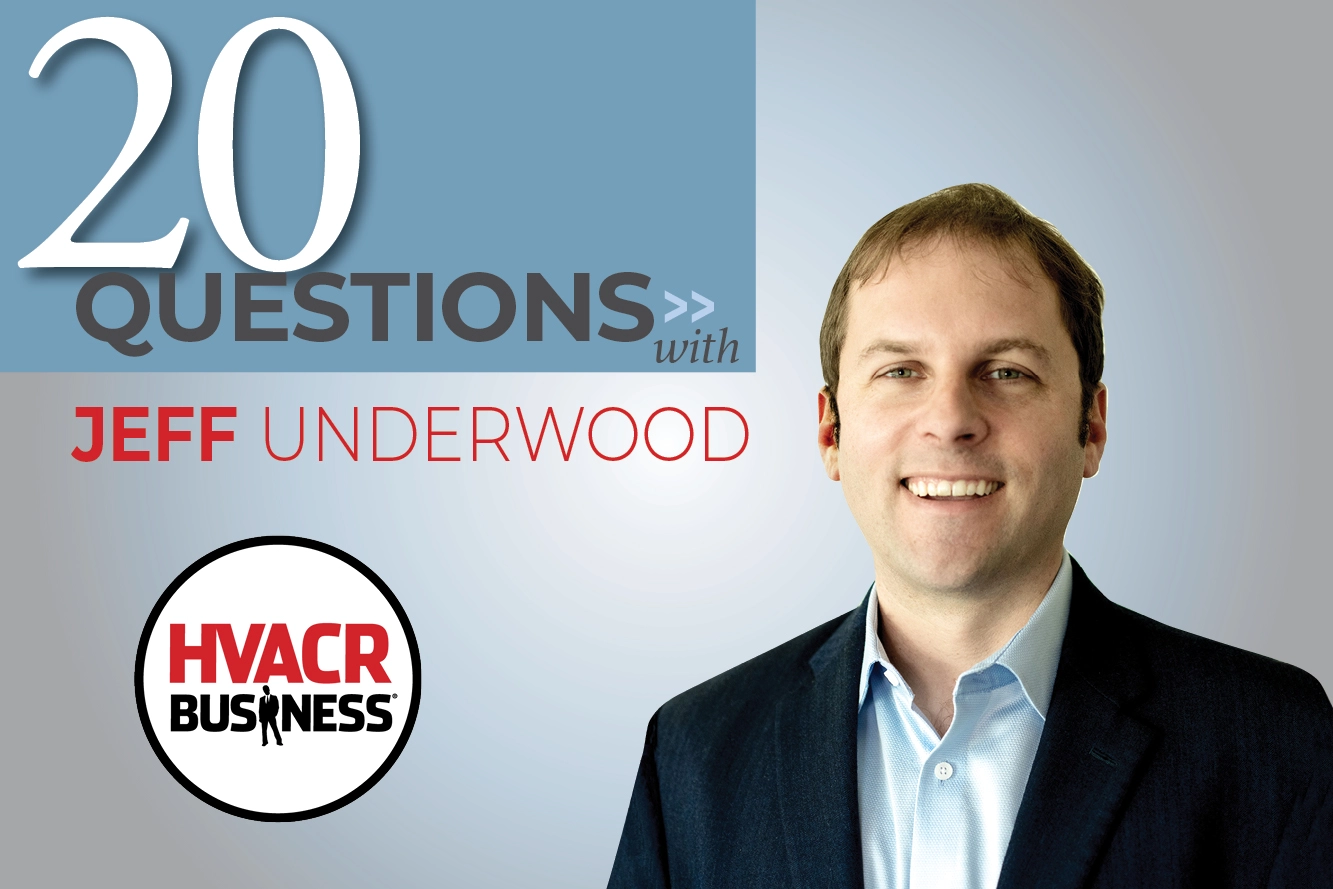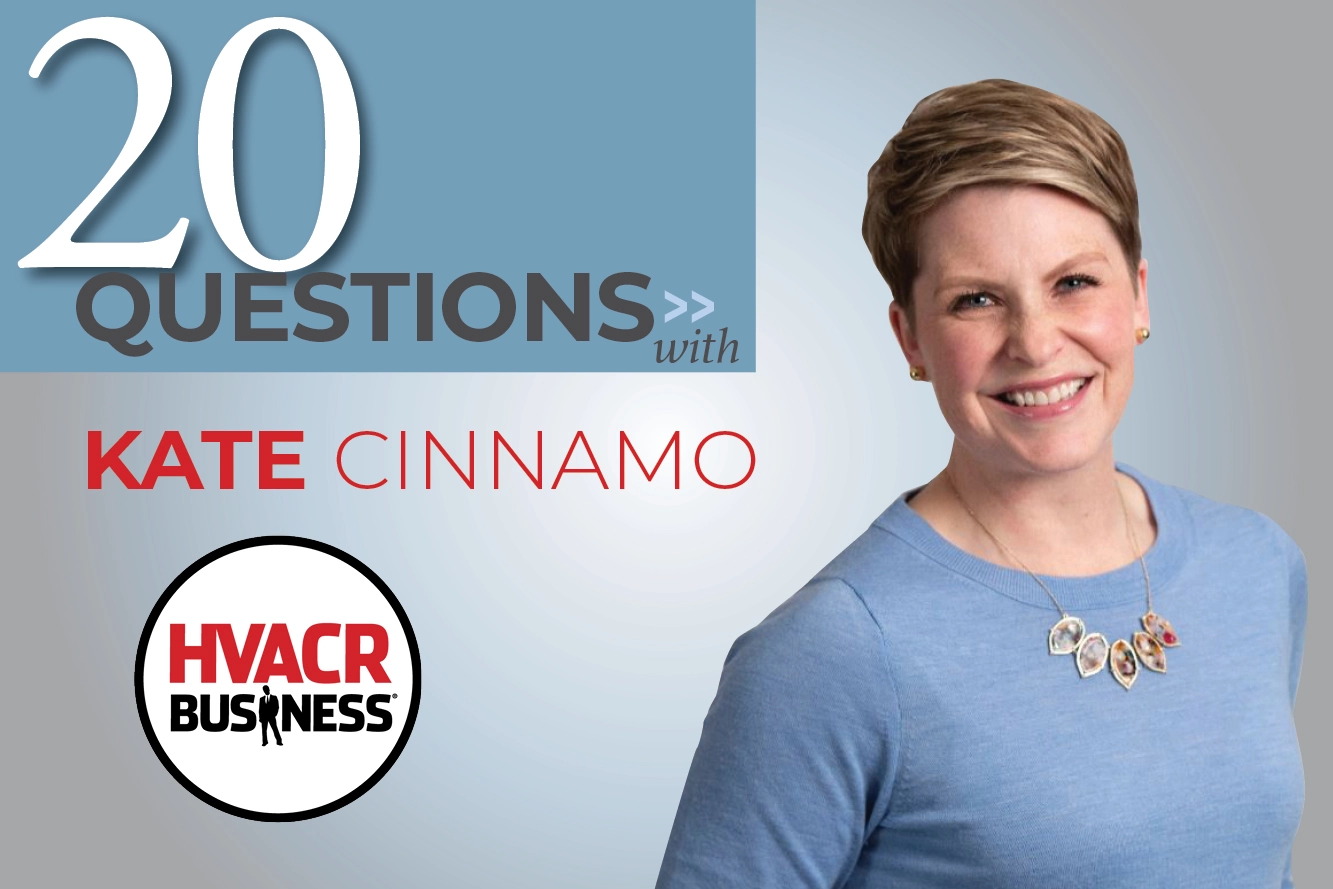Jan: Dave Musial, CEO of Four Seasons Heating and Air Conditioning
1. How do you organize your week?
I typically start off every morning by reviewing a list of tasks from the previous business week and determine what I will accomplish during the current week. I then put a timeline to each task and work on the task until it’s completed.
Feb: Bary Sherman, CEO of PEP Productivity Solutions Inc.
2. How should employers assess the organizational skills of perspective new hires?
In the case of sales people, the most important questions might be, How do you plan your day? Sales is about campaigns or projects, so ask how they would plan to get an appointment with a prospect, and how they would plan to take that prospect and make them into a client.
3. Does your company have a mantra?
“Do it Now.” We call it the four “Ds” — Do It, Designate It, Delegrate It, or Delete It! It’s a real practical way of making decisions. It doesn’t mean you can do everything immediately, but you can make decisions around that.
Mar: Stuart Lombard, President, ecobee
4. How do you attract the management talent at your company?
The ecobee staff has come from a wide and diverse background, but we all have the same vision: to deliver a great product and provide great customer service. We continue to grow and are finding that individuals are seeking us out as they are excited to be part of a successful entrepreneurial organization that is having a positive impact on the environment.
5. You mentioned earlier that you take best practices from the companies you invest in. What are your top three best practices?
The best businesses had three things in common: deliver a great product; provide great customer service; sell it at a reasonable price.
Apr: Milt Baum and Barbara Keil, owners of KEIL Heating and Cooling, Riverdale, N.J.
6. What do you see as most important for business in 2010 and 2011?
The business model is changing. It’s not about the box. It’s about the entire home and the energy it takes to operate it. Any contractor continuing to focus on the box is going to be left behind.
7. What is your most important role at the company?
Barbara: Planning for the future. The old adage is true. “People don’t plan to fail; they fail to plan.” Milt: I have been focused on systemizing every aspect of what we do. From installing a steam boiler, answering the phones, pricing a humidifier replacement — virtually every single product and service we offer.
May: DeWight Wallace, CEO of Johnstone Supply
8. What is your management philosophy?
I have an approach to leadership that I plagiarize from Jack Welch (former CEO of GE). It centers on the four “Es of leadership.” First, you have to execute. If you can’t execute, you can’t be an effective leader. Next, you need to have an edge — be willing to make the tough call. You also have to have energy and bring it every day. Finally, and maybe most importantly, you have to be able to energize the people around you. When you do these things, you can shape your team and do great things.
Jun: Tom Flick, Motivational Speaker and Rose Bowl Champion
9. What is your biggest business challenge?
Success — because it breeds complacency.
10. How can contractors compete to win in today’s market?
Be crystal clear about your vision— who you are, and where you’re going. Then, communicate it often. People want to know where they’re heading and if it’s worth the effort to go there. The mind is wired to move toward its most dominant thought and belief system. If you’re feeding it a compelling vision, or a big dream, or a passionate future, you’ll end up finding ways to turn that future into a reality.
11. What is the No. 1 thing customers look for from sales people entering their home?
How about four things; People skills. Trustworthiness. Product knowledge. Likability.
Jul: Drew Timm, Owner, Sun Services Air Conditioning-Heating Inc.
12. Last month you won the HVACR Business fleet-design contest in the Lettering category. Your passion for cars obviously transfers over to your company fleet. Is this the thrust of your marketing, or are you doing additional marketing and advertising?
I created the vehicle design myself and figured even a service vehicle can be a piece of art. I believe attracting the attention of the consumer is extremely important. Those who are driving an incognito white truck or van with no lettering or lettering so small you can’t read are missing opportunities. This is simple, low-cost, highreturn marketing.
Aug: Michael Kane, President, UEi
13. What do you view as your most important job?
Focus relentlessly on a few tasks that will make all the difference five years from now — and delegate everything else. It took me a while to realize that.
14. What are the most important things leaders do when the economy falters?
I’ve faced a number of challenging times over the last 16 years and learned from all of them. The months after 9/11 were brutal and, of course, the last couple of years have been difficult. In 2008, a lot of companies started cutting back, but we decided not too. We kept advertising, traveling to visit customers, investing in new products, and working hard to get new business. We’ve taken on staff, and we’ve kept our benefits intact. Those were tough decisions, but looking back, it has paid off.
Sept: Terry Nicholson, Group President, One Hour Air Conditioning and AirTime 500
15. Are there common threads among the successful contractors you meet?
The ones that are successful create a vision for who they are going to be. Then, they set high, non-negotiable performance standards for all employees. Oct: Keni Thomas, Decorated Army Ranger and Country Singer
16. Do you have a leadership philosophy?
Lead by example. Apply this to the big things, and then to the little things. It starts becoming infectious, and you’ll find you’re setting the example for your co-workers, family, community, and for your nation.
17. What’s the most important thing leaders can do when they face adversity?
Drive on. Good leaders find purpose, direction, and motivation even when the only person that they are leading is themselves. I can’t tell you when, and I can’t tell you where, but adversity is going to hit you. And, when it does, it’s all about how well you’ve prepared for the moment in advance. It’s the training, planning, practice, rehearsal, and self-improvement that gets you through. In the end you will only be as good as you’ve prepared yourself to be.
18. Is character built by responsibility?
Yes. Character is the foundation of everything. Character is the one thing that will keep you moving forward when everything around you is telling you to go the other way. In Mogadishu it would have been easy for anyone to step aside for a few seconds, just step out of the fight. That’s your brain telling you to run away, people are getting hit, this shouldn’t be happening to you, you need to survive. But not a single person did. At some point, when it’s really tough, you’ll find what you’re made of. Character lets you step up. It provides the purpose, direction, and motivation to say follow me.
19. Can you discuss self-confidence? How you get it, and where it comes from?
General Patton said the single most important characteristic in a great soldier is self-confidence. It comes from many different things. Leadership to make the right decision, training that will pull you out of any situation, but most of all, it comes down to confidence in each other, knowing that the person on your left and the person on your right has your back. That comes from constantly preparing, constantly training with each other, preparing for that moment, and bettering yourself every day.
Nov: Steve Schmidt, President, Frederick Air Inc.
20. How have you kept employees motivated and focused the past 18 months?
We have kept the communication level high through bi-weekly company meetings and individual meetings every six month where we talk about the employees’ career path and short- and long-term goals for the future. Over the last year and a half, I have been very upfront and honest about where the industry is going and where we stand as a company financially.






